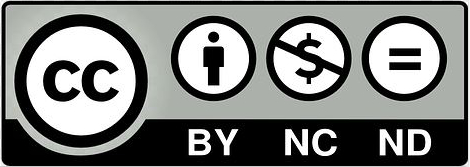
Vorgesehener Endnutzer: Schulleiter
Altersgruppe: Untere Primarstufe; Obere Primarstufe; Untere Sekundarstufe; Obere Sekundarstufe
Themen und Fragestellungen: Collective Action, School Leadership
Dauer: Ongoing.
Art der Ressource: Leitlinien & Hinweise, Referenzdokument
Schlüsselwörter: Collective Self-efficacy, School Heads, Professional Development, Collaboration, Goal Setting
Sprachen: Englisch
Beschreibung
Collective self-efficacy is the most important factor influencing student learning. When teachers have a high degree of collective efficacy, they display a positive attitude to professional development and are more likely to try new, evidence-based teaching approaches, even when the going gets tough. The strength of their convictions in their own effectiveness is likely to affect whether they will try to even cope with given situations and they convey high but realistic expectations of students.
This HEADstart resource created by ESHA, provides guidance to school leaders on how to stimulate collective self-efficacy within teacher staff teams to help bring about meaningful change from within.
Wie Sie diese Ressource nutzen können
This resource is meant to be used as guidance to support school leaders, with the steps outlined designed to help support the development of collective self-efficacy in school staff teams.
Die Ressourcen
Stimulating Collective Self-Efficacy (PDF):
Additional resources from the ESHA HEADstart series are available on the HEADstart – Guidelines for School Leaders webpage.
Lernergebnisse (Leadership)
- eine Reihe von geeigneten Instrumenten und Rahmenwerken zur Förderung des bürgerschaftlichen Engagements für Nachhaltigkeit in ihren Schulen und Gemeinden anzuwenden.
- Gemeinsam Wissen, Instrumente und Rahmenbedingungen zusammenführen, um eine Vision für die Schaffung eines Schulumfelds zu entwickeln, das die Entwicklung einer nachhaltigen Bürgerschaft in ihrer Gemeinschaft unterstützt.
- Through workshop activities and communities of practice, build capacity as Sustainability Citizenship educators and leaders.
Grüne Kompetenzen
- Handeln für Nachhaltigkeit: Kollektives Handeln
Creative Commons

This resource was created by ESHA and is to be used for non-commercial purposes. No derivatives or adaptations of the work are permitted.
SDGs


